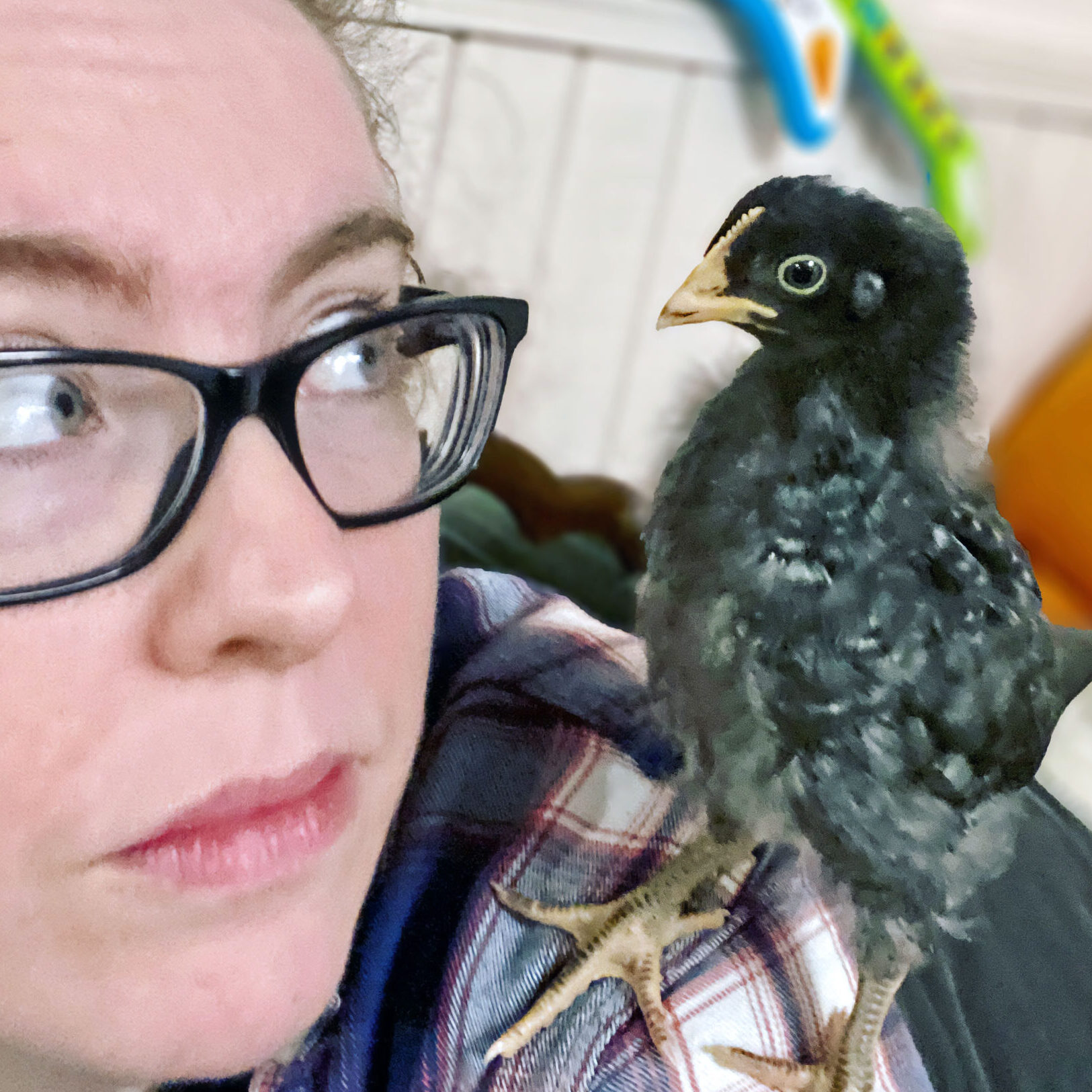Hello!
I’m a homeschool mom (not that kind), horror junkie, history nerd, writer (sorta), occasional baker, and anxiety-fueled researcher with a soft spot for banned books, ghost stories, and weird history. Somehow became accidentally domesticated after being raised by Stephen King novels and episodes of Full House.
To be honest, I never really wanted to homeschool my kids, but when the system isn’t able to meet your needs, whether it’s for health, academic, or safety reasons, homeschooling can be your only real option. I’ve worked hard to cultivate a learning environment that’s inclusive, fact-based, and science-affirming. And one that creates a bridge back into the public school system or onward to undergrad when my kid is ready.
Now, my oldest is a fully functioning adult human with a fancy adult human job, and she credits my essay-writing formula for giving her a serious edge in college. So, maybe I’m onto something? I can’t say I’m an expert, but I can say that I’m experienced.
These days, I homeschool my middle schooler, host book clubs, and write all this from the office/classroom/art room (that we’ve affectionately nicknamed “the wreck room”) inside my cozy little home that I share with one husband, one teenager, one extremely opinionated chocolate lab, and a dozen chickens. (The chickens live in the backyard now. It’s not that chaotic!)
Three C's of Homeschooling Success
Critical Thinking
Teaching people to think critically isn’t just a nice idea, it’s how we keep them from turning into conspiracy theory–spouting YouTube commenters. When we teach teens to ask better questions and side-eye everything from clickbait to textbooks, we’re giving them the tools to spot truth from nonsense. It’s not just about grades, it’s about raising people who can become a north star for reality in the midst of an ocean of disinformation. Plus they’ll be better conversationalists. Win-win.
Creativity
Creativity isn’t just paints and craft supplies. It’s how we make sense of the world, test ideas, and accidentally invent things that are actually really cool. When we encourage artistic expression, whether it’s writing weird stories, doodling in our notebooks, or building a time machine out of cardboard boxes, we’re connecting dots across subjects and thinking like problem-solvers. Your imagination is where dreams live, and dreams are just goals that haven’t hatched yet.
Community
When teens learn to collaborate, debate (with kindness), and just have fun together, they build the kind of social muscles that help them make friends, handle drama, and survive group projects without any causalities. We’re creating spaces that feel safe, inclusive, and definitely include a lot of fun because being a teenager sucks, and no one should have to do it alone (and especially not while learning algebra and reading The Turn of the Screw–yech).
